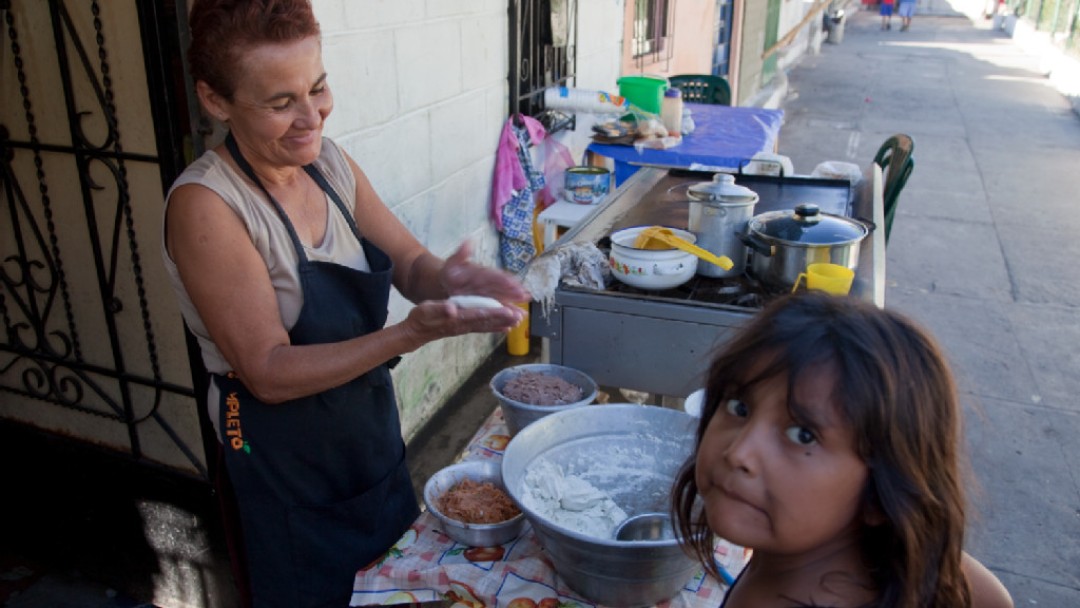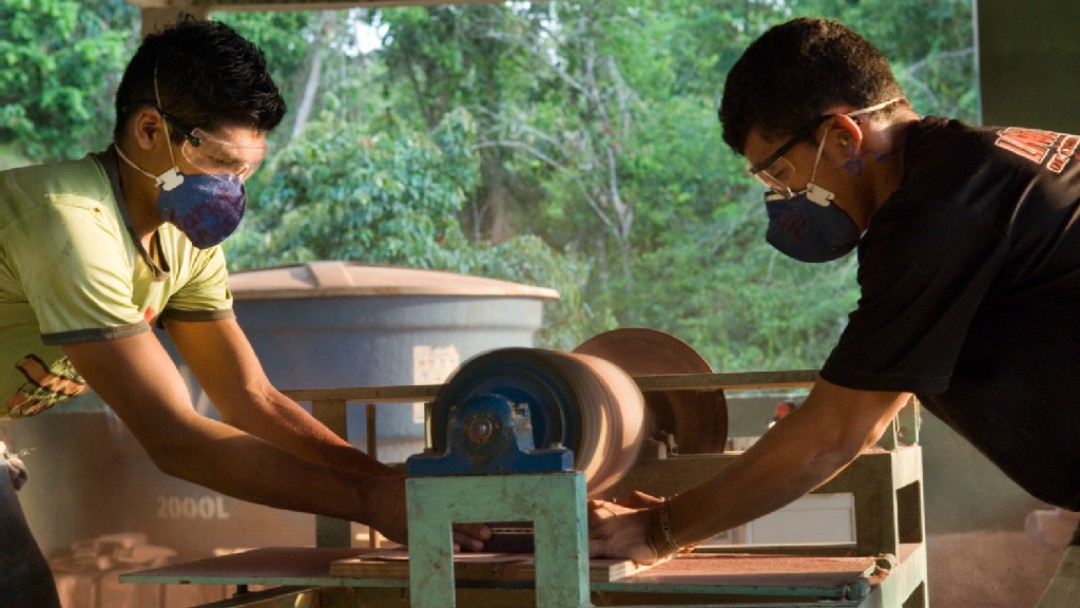News from 2020-11-30 / KfW Development Bank
Latin America: better health care, social protection and economic support

In response to the corona pandemic, the governments of Latin America have also set up government aid programmes. But financing on the capital market has become expensive. On behalf of the German Federal Government, KfW, together with other donors, is helping Latin American countries to put together aid packages to combat the pandemic and its economic and social consequences.
With funds from the German Federal Ministry for Economic Cooperation and Development (BMZ) KfW is supporting the Central American Bank for Economic Integration (CABEI) with a promotional loan of USD 100 million to combat the corona pandemic. The aim is to strengthen health systems by improving hospital equipment, building emergency clinics and covering additional staff costs. Another aspect is to help companies that have fallen into difficulties as a result of the COVID 19 pandemic. The economy has been severely affected, as income from tourism is declining and raw materials fetch lower prices in exports. Because many migrants have also become unemployed, remittances have fallen sharply. "By the end of this year, per capita income in Latin America will fall to a level last seen ten years ago - growth within this period has practically been lost," says Felix Klauda, KfW Regional Adviser for Latin America. He is assuming a decline of ten percent. Of all the regions worldwide, Latin America is the region most affected by both the pandemic and its economic consequences.
KfW is supporting the Central American Development Bank to secure liquidity in the member countries Guatemala, Honduras, El Salvador, Nicaragua, Costa Rica and Panama. CABEI has set up a Corona Emergency Relief Programme with a volume of USD 2 billion, to which KfW is now contributing USD 100 million. The target groups are the public authorities and private enterprises receiving funds from the CABEI Corona Aid Programme.
The promotional loan helps CABEI in particular because foreign investors have become reserved in Latin America. By 2020, capital flows in Latin America alone are expected to fall by almost USD 80 billion compared to the previous year. In addition, the currencies of many Latin American countries have collapsed. CABEI is an important source of financing for its member countries in Central America, as these countries are themselves too small and unstable to maintain their own strong development banks.

Colombia has also received German support to cushion the crisis caused by the Corona pandemic. The government has received a low-interest loan of EUR 200 million from KfW on behalf of the German Federal government and USD 700 million from the World Bank. The funds will help to strengthen the capacity of the health system and support businesses, as well as ensuring that people in poor and vulnerable households can get sufficient food.
The social consequences of the pandemic in Colombia are particularly serious due to the great social disparities. 27% of the population live below the poverty line. Official unemployment was around ten percent at the beginning of 2020 and has risen sharply due to Corona. In any case, many people there work in the informal sector and are not covered. "They lose their livelihood in the lockdown, and where government programmes are not fast enough or not effective enough, livelihoods are immediately at stake. The gap is widening," warns Felix Klauda.
In order for Colombia to receive KfW support, certain conditions had to be met, such as cash payments to the poorest households, school meals, emergency loans for distressed companies, etc. The Colombian government has fulfilled these conditions. The KfW funds now flow directly into the national budget of the partner country.
The disadvantaged population and small and medium-sized enterprises in Peru, Ecuador and Brazil also receive support from German Financial Cooperation to help them cope with the consequences of the pandemic.

Share page
To share the content of this page with your network, click on one of the icons below.
Note on data protection: When you share content, your personal data is transferred to the selected network.
Data protection
Alternatively, you can also copy the short link: https://www.kfw-entwicklungsbank.de/s/enzBWrMC.CXHA
Copy link Link copied